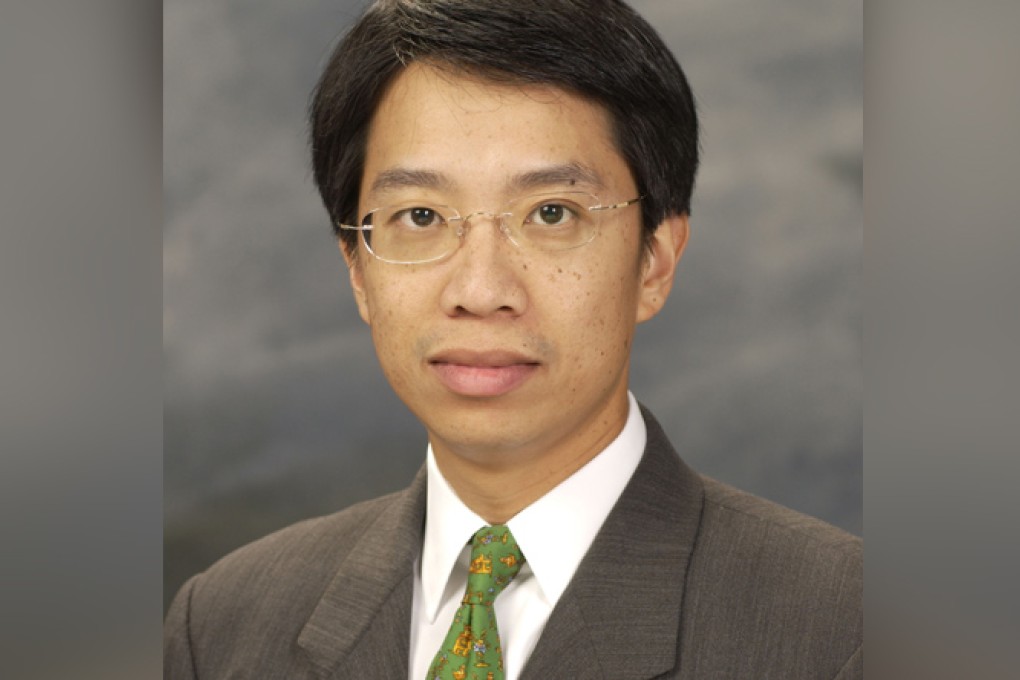Diplomat warns US lawmakers that censuring Hong Kong over autonomy ‘could backfire’
Senior Hong Kong official warns Congress reports on electoral reform in the city could backfire

A renewed attempt by US lawmakers to monitor “democracy and freedoms” in Hong Kong could backfire and damage the city, according to a senior Hong Kong official in the US.
Speaking to the US government-funded broadcaster Voice of America (VOA) last week, Clement Leung Cheuk-man, Hong Kong Commissioner for Economic and Trade Affairs in the US, said he had been “very active” in lobbying cross-party lawmakers to reconsider their call to reinstate annual reporting on human rights and political developments.
The last report on Hong Kong was made by the State Department to Congress in March 2000.
In November, the US Congressional-Executive Commission on China – which includes cross-party heavyweights such as Democratic congresswoman leader Nancy Pelosi and Republican senator Marco Rubio – tabled the Hong Kong Human Rights and Democracy Act in Congress and argued that Washington must back calls for genuine universal suffrage in the city.
Senator Sherrod Brown, co-chairman of the commission, warned Hong Kong’s autonomy was “under threat from China”.
The legislation would update the US-Hong Kong Policy Act of 1992 to “reinstate and strengthen” the annual reports. The 1992 act was meant to allow the US government to continue to treat Hong Kong separately from China on economic matters after the 1997 handover.